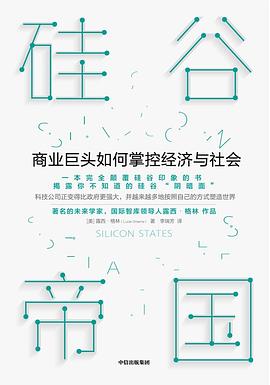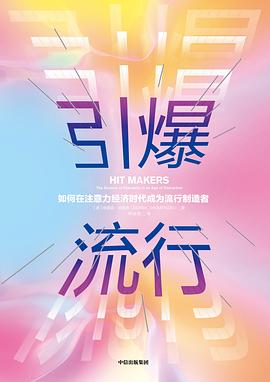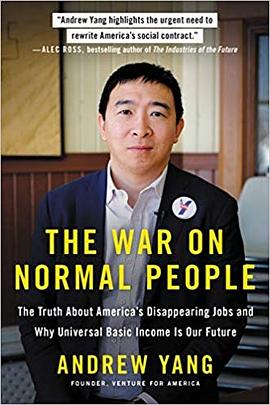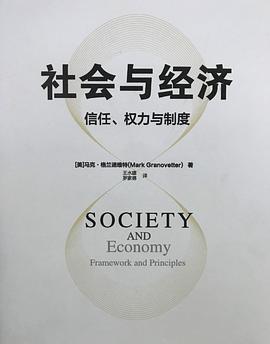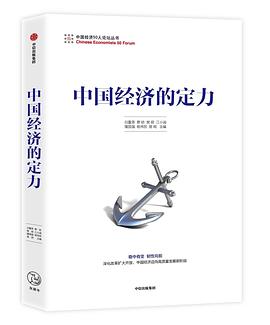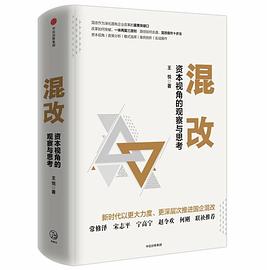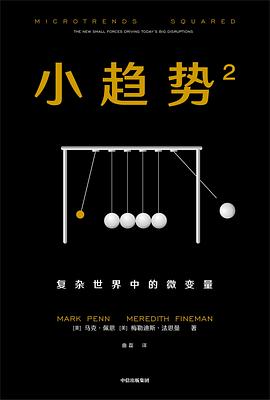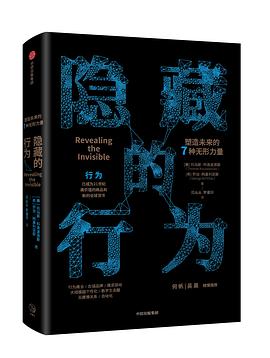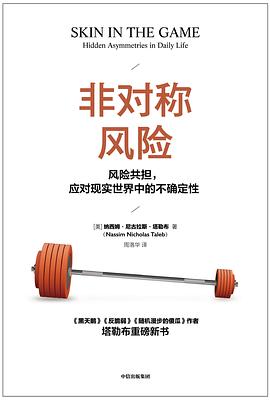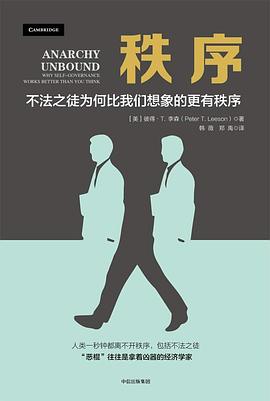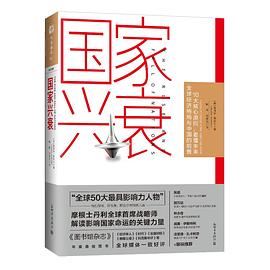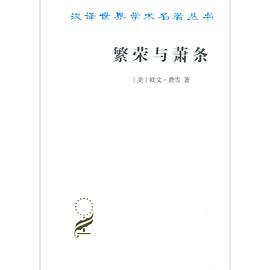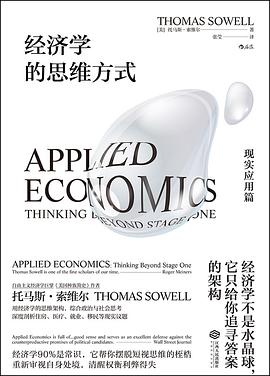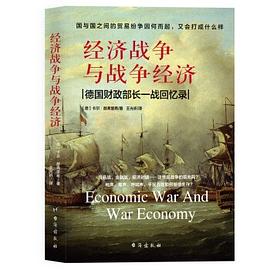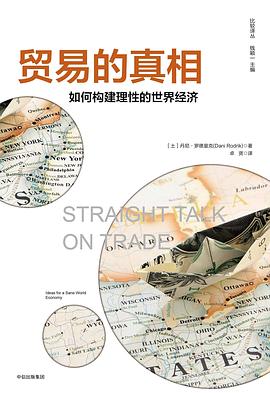

具體描述
Katherine Eban, an investigative journalist, is a Fortune magazine contributor and Andrew Carnegie fellow. Her narrative, deeply reported articles on pharmaceutical counterfeiting, gun trafficking, and coercive interrogations by the CIA, have won international attention and numerous awards. She lectures frequently on the topic of pharmaceutical integrity. Bottle of Lies: The Inside Story of the Generic Drug Boom, which she worked on for five years and reported on four continents, is her second book. Educated at Brown University and Oxford, where she was a Rhodes Scholar, she lives in Brooklyn with her husband, two daughters and Newfoundland dog Romeo.
Many have hailed the widespread use of generic drugs as one of the most important public-health developments of the twenty-first century. Today, almost 90 percent of our pharmaceutical market is comprised of generics, the majority of which are manufactured overseas. We have been reassured by our doctors, our pharmacists and our regulators that generic drugs are identical to their brand-name counterparts, just less expensive. But is this really true?
Katherine Eban’s Bottle of Lies exposes the deceit behind generic-drug manufacturing—and the attendant risks for global health. Drawing on exclusive accounts from whistleblowers and regulators, as well as thousands of pages of confidential FDA documents, Eban reveals an industry where fraud is rampant, companies routinely falsify data, and executives circumvent almost every principle of safe manufacturing to minimize cost and maximize profit, confident in their ability to fool inspectors. Meanwhile, patients unwittingly consume medicine with unpredictable and dangerous effects.
The story of generic drugs is truly global. It connects middle America to China, India, sub-Saharan Africa and Brazil, and represents the ultimate litmus test of globalization: what are the risks of moving drug manufacturing offshore, and are they worth the savings?
A decade-long investigation with international sweep, high-stakes brinkmanship and big money at its core, Bottle of Lies reveals how the world’s greatest public-health innovation has become one of its most astonishing swindles.
用戶評價
##讀瞭三分之二終究還是決定放棄瞭?一個理科生隻想看是啥原理導緻仿製藥的巨大問題,卻不太想知道中間那麼多復雜而又牽扯巨多的故事細節???然鵝這本書連uplcms都要解釋一下但沒解釋清楚。。。
評分 評分 評分 評分 評分 評分相關圖書
本站所有内容均为互联网搜索引擎提供的公开搜索信息,本站不存储任何数据与内容,任何内容与数据均与本站无关,如有需要请联系相关搜索引擎包括但不限于百度,google,bing,sogou 等
© 2025 book.tinynews.org All Rights Reserved. 静思书屋 版权所有

